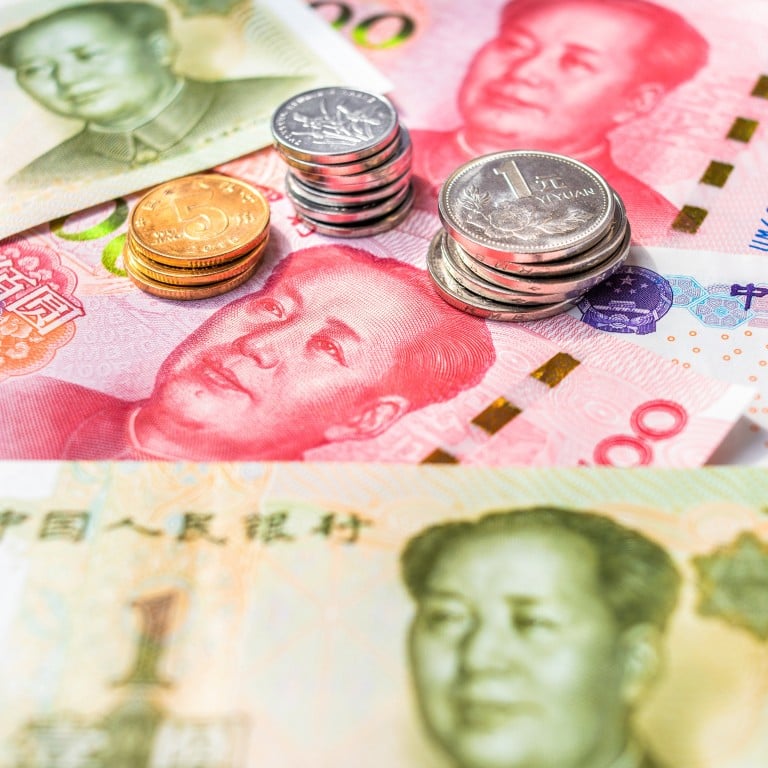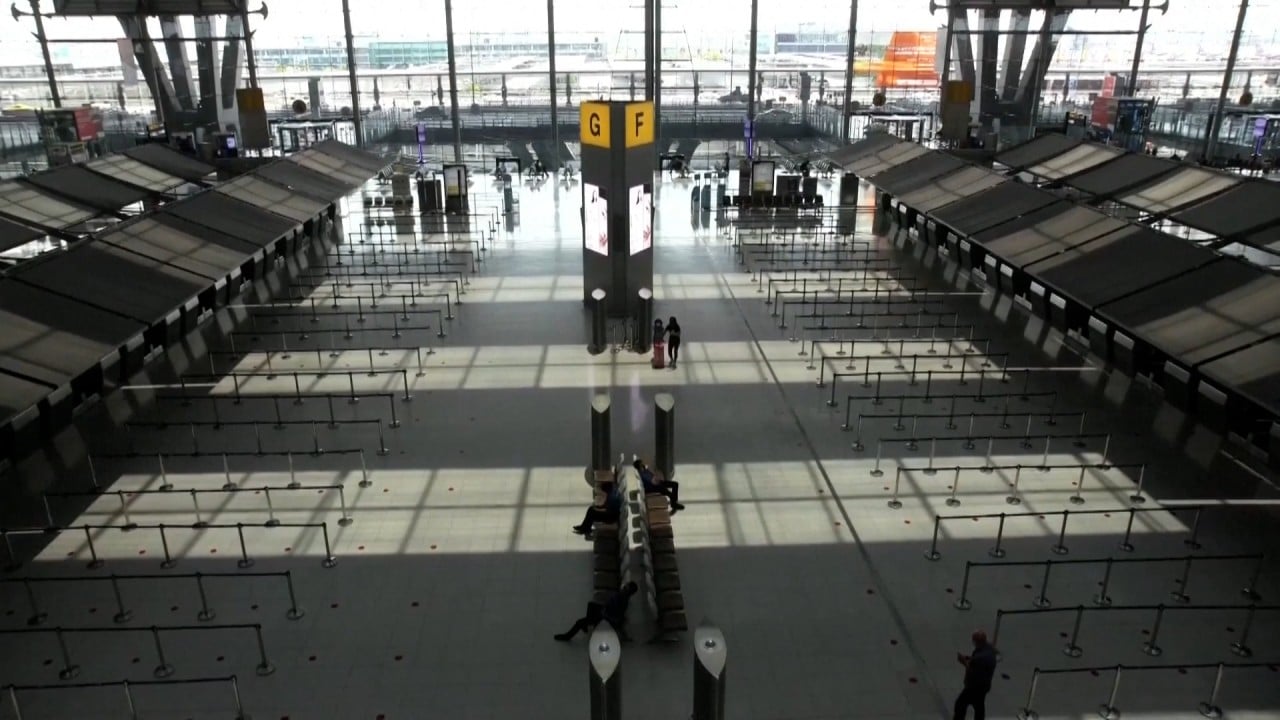
China’s expat tax breaks extension praised by Western companies, but business concerns remain
- European Chamber of Commerce in China says decision will ‘stem the flow of foreign talent’
- Protectionism, an opaque regulatory system and travel restrictions still frustrate multinationals
Joerg Wuttke, president of the European Chamber of Commerce in China, said the extension of non-taxable allowances, announced by the Ministry of Finance and the State Taxation Administration on Friday, is highly significant for foreign firms and benefits China as well.
“We believe this solution provided by the Chinese authorities will stem the flow of foreign talent from China, which will help to maintain a high level of competition and innovation within the Chinese market, while also improving international relations in general,” he said in an online statement released on Sunday.
The European chamber, which has 1,700 member companies, has lobbied hard for retention of the tax breaks, including in a letter to China’s top leadership last year.
Income tax cuts ‘important’ in push to stabilise China’s economic growth
The American Chamber of Commerce in China (AmCham China) also welcomed the decision, which helps companies “better retain and attract certain critical expatriate employees, while managing operational costs”.
“In doing so, this helps China to attract foreign investment while also ensuring that the best talent, from local and abroad, can participate in this dynamic and growing economy,” Colm Rafferty, AmCham China Chairman, said on Tuesday.
At the end of 2018, Beijing said tax breaks for expat allowances, including those available for language training, housing, and children’s education would be phased out at the beginning of 2022 after a three-year transition period.
The change was introduced partly to equalise benefits between local and foreign workers after the government introduced tax deductible items as part of personal income tax reform.
The European chamber estimated foreign firms could be faced with cost increases of up to 76.9 per cent for each employee with two children in school.
“Roughly half of UK companies state that attractive [individual income tax] policies would make them more likely to consider investing in particular cities,” British Chamber of Commerce in China said last week.
Despite concern over tax in recent years, China remains the most attractive global destination for foreign investors. Its utilised foreign direct investment (FDI) rose by 21.4 per cent from a year earlier to US$157.2 billion in the first 11 months of last year.
Foreign firms fear business will never be the same in China
However, growth in manufacturing FDI is likely to be muted because foreign firms continue to divert investment to lower-cost regions or their home countries, the rating agency said in a note in late November.
AmCham China said in its 2021 position paper that extensive barriers to market access, protectionism, an opaque regulatory system, and discriminatory enforcement continue to hinder the operations of US businesses in the country.
Its China sales in the second quarter of last year plunged 23 per cent from a year earlier and the world’s No 2 economy dropped out of its top 10 markets in the third quarter.
Late last year, the government said it would lift restrictions on foreign ownership of passenger car joint ventures, while further reducing the number of sectors on its negative list for foreign investment to just 31 items.
At the annual work conference last week, the Ministry of Commerce vowed to stabilise foreign investment and trade in 2022.



